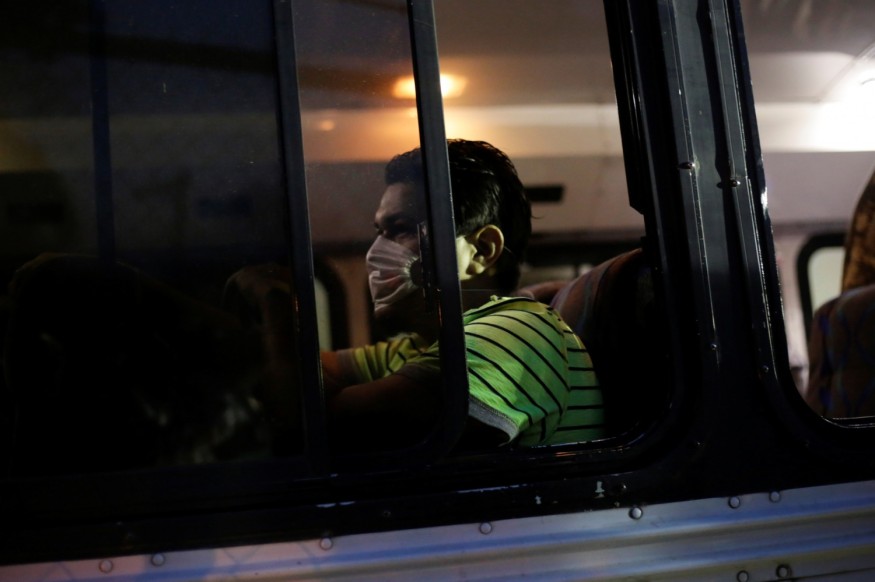Immigrants in Crisis: How the Pandemic Has Magnified Issues

Mainly, in the country's immigration system, COVD-19 can probably make bad situations worse for the foreign-born, especially in the labor force.
The response of the Trump administration as always is to put America first. In an announcement about the proceeding motions for immigration, the president said that the Centers for Disease Control and Prevention had extended its authority to Border Patrol to create measures that would mitigate the onset of possibly infectious immigrants coming in from the northern and southern borders.
At this time, immigrant workers constituted 17 percent of the U.S. workforce, according to a census by the National Immigration Forum. In comparison to American-born workers, immigrant workers earn significantly less, and more so during this pandemic. The American Sociological Association asserts that health and housing issues will only become more exaggerated effects of other pre-existing problems that are deep-seated in American society.
Risk of Unemployment
This is further supported by Community Clinic Association president Louise McCarthy, who stated in an LA Times interview that these foreign-born workers are highly likely to make decisions that would determine their survival of the crisis: It's either they risk exposure or risk homelessness.
"A low-income worker can't just take a day off - losing a day's pay can mean losing your housing."
To add to that, in New York City, over 30 percent of deaths attributed to the coronavirus are Latinos. Health Commissioner Dr. Oxiris Barbot said, "The overlay of the anti-immigrant rhetoric across this country has real implications in the health of our community."
While U.S. President Donald Trump decreed that treatment for COVID-19 was exempted, many other socioeconomic factors lead to immigrants becoming infected from the coronavirus, such as immigrant deportations and detentions.
ALSO READ: More Than 10,000 Are Unemployed in New Mexico
Postponing Processes
Because of federal preventive restrictions, nonessential border crossings have been postponed. In a White House briefing last month, Trump explained this effort would protect all three nations, adding that it will "reduce the incentive for mass global migration that would badly deplete the health care resources needed for our people."
As noted previously, border crossings have seen a significant drop since the quarantine was put in place to contain the virus. Around 600 people are apprehended daily since the borders were closed to illegal immigrants.
Though the information was underreported, Trump closed the asylum offices all across the country in the belief that apprehending people for immigration cases might be dangerous. This is the first time that the offices have been closed for decades.
During the quarantine, these measures were put in place to ascertain that immigration is controlled. Last week, the U.S. Citizenship and Immigration Services, the agency that dealt with most immigration cases in the country, withdrew their field and asylum office as well as their application support centers.
Most transactions will instead be done online for emergency services. Previous appointments, such as interviews and ceremonies made with the offices, are rescheduled.
Meanwhile, court hearings for immigration cases like those for Migrant Protection Protocols program are postponed, and for immigrants not in detention, this may last until May.
READ MORE: Temporary Suspension of Court Hearings for Asylum Seekers in Effect
Subscribe to Latin Post!
Sign up for our free newsletter for the Latest coverage!

















